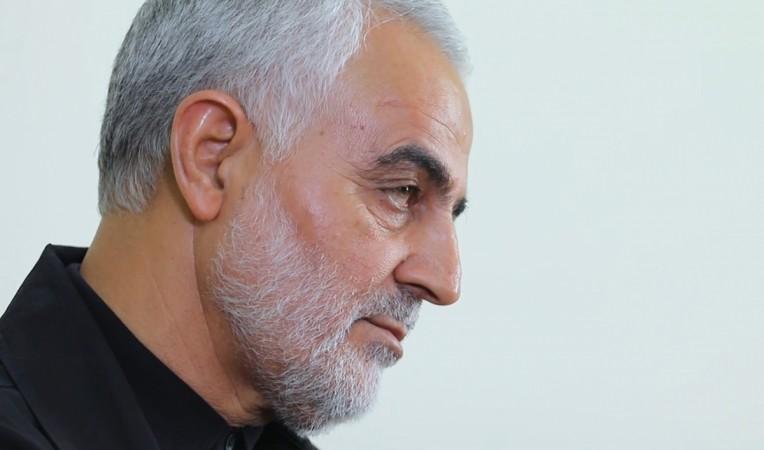On the anniversary of the assassination of a top Iranian general, hackers hit the website of an Israeli daily early Monday, substituting its content with a graphic threatening a site affiliated with Israel's clandestine nuclear weapons development.
While no one has claimed responsibility, the image on the Jerusalem Post's website depicted a missile descending from a fist with a ring long associated with Qassem Soleimani, the Iranian general killed in an Iraqi drone attack two years ago Monday.
An exploding target from a recent Iranian military training was incorporated in the image, which was supposed to seem like the Shimon Peres Negev Nuclear Research Center near Dimona.

The site already has decades-old bunkers that reprocess spent reactor rods to produce weapons-grade plutonium for Israel's nuclear weapons programme. Israel has a policy of nuclear ambiguity in which it neither admits nor denies possessing nuclear weapons.
The Jerusalem Post acknowledged that it had been hacked in a tweet. The English-language daily added, "We are aware of the apparent hacking of our website, alongside a direct threat to Israel. We are working to resolve the issue; thank readers for your patience and understanding."
We are aware of the apparent hacking of our website, alongside a direct threat of Israel. We are working to resolve the issue & thank readers for your patience and understanding. For now, you can continue reading us on our app: https://t.co/UrEXIpatDPhttps://t.co/veBDuWgucp
— The Jerusalem Post (@Jerusalem_Post) January 3, 2022
The Israeli government did not respond to the development. The hack comes after Israel's former military intelligence chief publicly admitted his country was engaged in Soleimani's assassination in late December.
Iran, for its part, did not immediately disclose the hack on Monday morning. In recent days, however, the country has increased its commemorations of the deceased Revolutionary Guard general. His death was to be commemorated with a memorial service on Monday.

Soleimani headed all of the Revolutionary Guard's expeditionary forces and often escorted between Iraq, Lebanon, and Syria as the leader of the Quds, or Jerusalem, Force. Members of the Quds Force have gone to Syria to help President Bashar Assad, as well as to Iraq following the 2003 US invasion that deposed ruler Saddam Hussein, a longstanding nemesis of Tehran. He gained prominence by aiding Syrian President Bashar al-forces Assad's combat the Islamic State in Iraq and Syria.

















